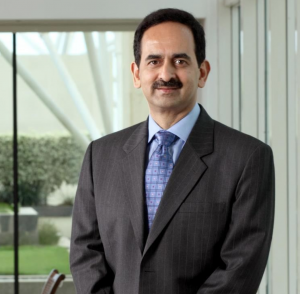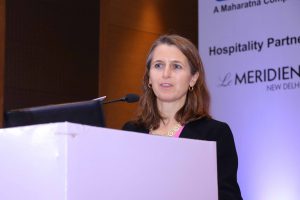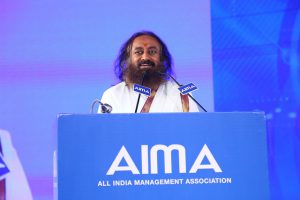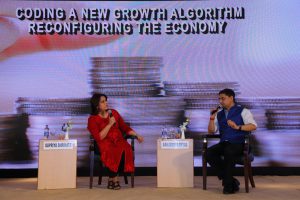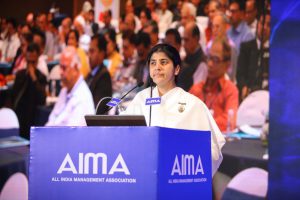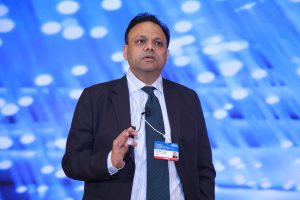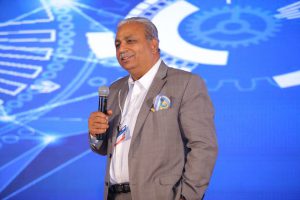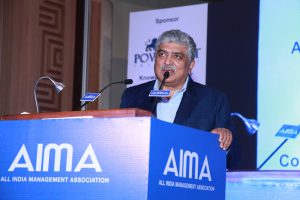
Mr Anant Maheshwari, President, Microsoft Corporation India Pvt Ltd deliberating on ‘Skilling For The Digital Future’ at AIMA LeaderSpeak session
Every industry, every company, all of us have become more digital. Just to take a personal example imagine and remember what you were doing five to ten years back and your life today as an individual and as a professional and the number of skills that you have intuitively picked up over time in driving your own work today.
The big question around tech adoption is basically what platforms you use and how much do you use of those platforms? So if you ask how we think about tech platforms today, there are a lot of platforms available to simple ones that you use daily like social chat applications, maps, search that you use on the internet or it could be some applications that you use for your productivity or even to track weather data or any other news.


